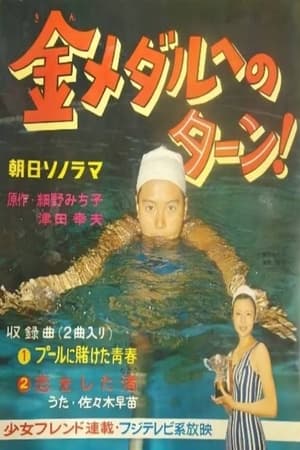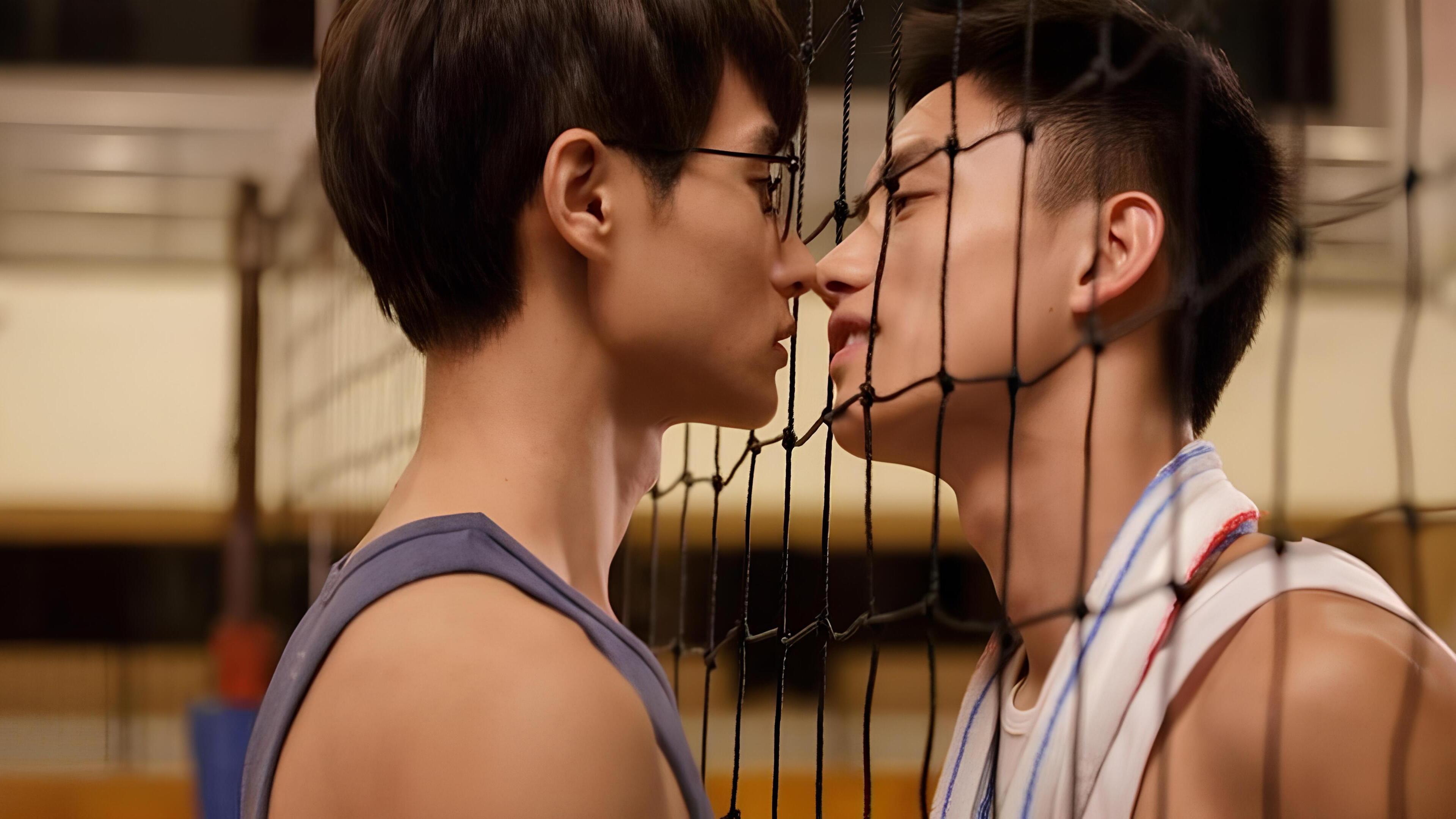

HIStory2: Crossing the Line(2018)
Overview
Qiu Zi Xuan was an excellent volleyball player in the past, but he had to give up his dreams due to a knee injury. Despite everything he still participates in the team's training. Zi Xuan meets Xia Yu Hao, a guy with a bad temper but huge potential for volleyball. Zi Xuan thinks that it is he who can achieve his dream instead of him. He hopes that Yu Hao can achieve what he couldn't in the past and agrees to help him. On the other hand, there is Wang Zhen Wu, who is Wang Zhen Wen's older brother. Zhen Wen likes his brother, but he can't show his feelings because they are family.
Networks:

Created By:
Production Companies:
Photo Type :Total items
Recommendations TVs

Red Balloon (zh)
Zi-chen, the school's star student, seeks solitude—until Hsiang-wan intrudes, snapping photos. But when Zi-chen returns to his dorm, an unsettling surprise awaits.

Petua Nenek (en)
A story of Qaseh Arina (Adiba Yunus) raised by her grandmother, Nek Dew (Liza Abdullah). Nek Dew is a well-known midwife with many tips. Ever since she was a child, Qaseh has been following her grandmother receiving the birth of the babies and Qaseh wants to be like her grandmother. Each of the Nek Dew tips, Qaseh notes down on her notebook. Nek Dew's tips were brought to Qaseh until she continued her studies at a university in Kuala Lumpur. Qaseh had a lot of heartwarming moves with Nek Dew's tips to the point that it was used on her university friends. The townspeople do not believe Qaseh's tips. However, Qaseh's tips help solve the problem of Nash (King of Afiq), a rich and handsome guy but with a bad body odor. Since then they have been good friends. Many acts of the tips that made her roommate admitted to the hospital because of allergies due to Qaseh's ingredients. Qaseh was scolded and driven out of their rental home. What will happen to Qaseh? Does he still adhere to the Nek Dew tips? The emergence of a mysterious woman who claims to be Qaseh's "mother" made the last two episodes full of questions. Who exactly is she? Why was Qaseh allowed to grow up with her Grandmother when her mother was still alive?

Apple of Your Eye (ar)
Kaltham's innocence appears after she was imprisoned for 25 years unjustly behind bars. She tries to communicate with her daughters, but they refuse to do so, so Kaltham seeks to reunite her family again.

Chilly Beach (en)
Chilly Beach was a Canadian animated series, which aired on CBC Television in Canada and The Comedy Channel in Australia. The series is a comedic depiction of life in the fictional Canadian town of Chilly Beach, described by the producers as "a bunch of Canadians doing the stuff that Canadians do, like playing hockey, drinking beer, and being eaten by polar bears." Chilly Beach plays on nearly every conceivable stereotype that people have about Canadians in a satirical manner. The show began as an animated Flash site on the Web, and was developed into a CBC TV series which first aired in 2003. The show was cancelled during the production of the third season, which was never finished or aired on television - with the show totalling 65 episodes. An early version of the Chilly Beach feature film, The World Is Hot Enough, made its theatrical debut at Cinéfest in September 2005, and as released to DVD on February 4, 2008. A second film, The Canadian President was also produced.
My Kind of Music (en)
My kind of music is a game show in the United Kingdom, produced by LWT for ITV from 8 February 1998 to 29 March 2002. The show's main theme, "My kind of people", where presenter Michael Barrymore sang some of the lyrics when appearing at the very start, was based on the same song by Robert Palmer released in 1991. Three teams of two people would test their musical knowledge against their chosen opponents and rivals, where the surviving team could go on to win £13,000 in the jackpot; later it was increased to £16,000 by the third series. Danny Foster made an appearance on the show, before he was chosen as one of the five members of the short-lived reality TV-formed group Hear'Say. When Barrymore's contract with LWT ended facing a scandal in 2001, they decided not to renew it, and My kind of music came to an end. The final series of six episodes transmitted from 10 February to 29 March 2002, though popular with most ITV regions and viewers, many rejected in showing the series - due to Barrymore's situation at the time. But none of the last six episodes were broadcast in Scotland, due to no time-slot in the schedule being available as Scottish Television and Grampian Television were using their slots for local programmes.
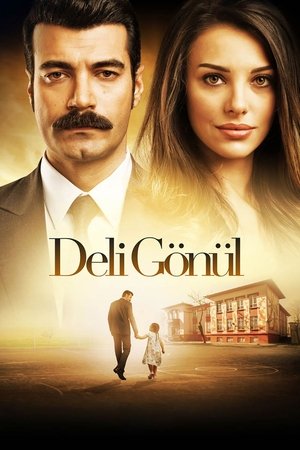
Deli Gönül (tr)
Lives hurled by an explosion will come to life again with the construction of a new life.

Haha no Matsu Sato (ja)
Based on the novel of the same name by Jirō Asada. Three adult children visit their mother living in the countryside, each at separate times, but things aren't really what they seem to be.
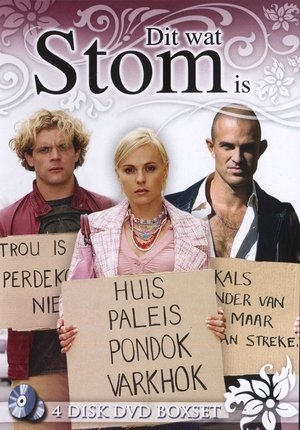
Dit Wat Stom Is (af)
20-year-old Elri Dekker has the world at her feet. She is blonde, beautiful and the heir to a multi-million rand company. But she is more interested in fashion and boys than in a powerful business empire. When tragedy strikes, Elri soon realizes her luxurious life was just an illusion. Then her and Jan's paths cross and their destinies become so intertwined that there is no turning back.
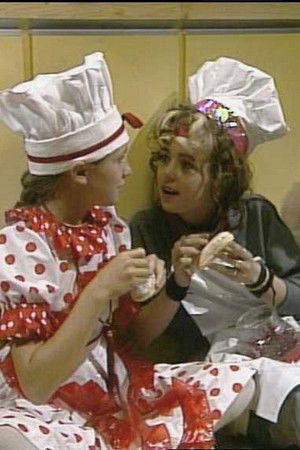
Danger: Marmalade at Work (en)
The continuing exploits of Marmalade Atkins, the naughtiest girl in the world, as she goes on a number of work placements.
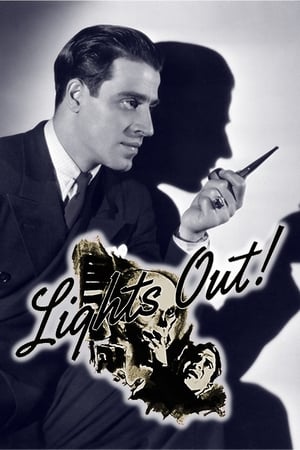
Lights Out (en)
Lights Out was an extremely popular American old-time radio program, an early example of a network series devoted mostly to horror and the supernatural, predating Suspense and Inner Sanctum. Versions of Lights Out aired on different networks, at various times, from January 1934 to the summer of 1947 and the series eventually made the transition to television. In 1946, NBC Television brought Lights Out to TV in a series of four specials, broadcast live and produced by Fred Coe, who also contributed three of the scripts. NBC asked Cooper to write the script for the premiere, "First Person Singular", which is told entirely from the point of view of an unseen murderer who kills his obnoxious wife and winds up being executed. Variety gave this first episode a rave review ("undoubtedly one of the best dramatic shows yet seen on a television screen"), but Lights Out did not become a regular NBC-TV series until 1949.










